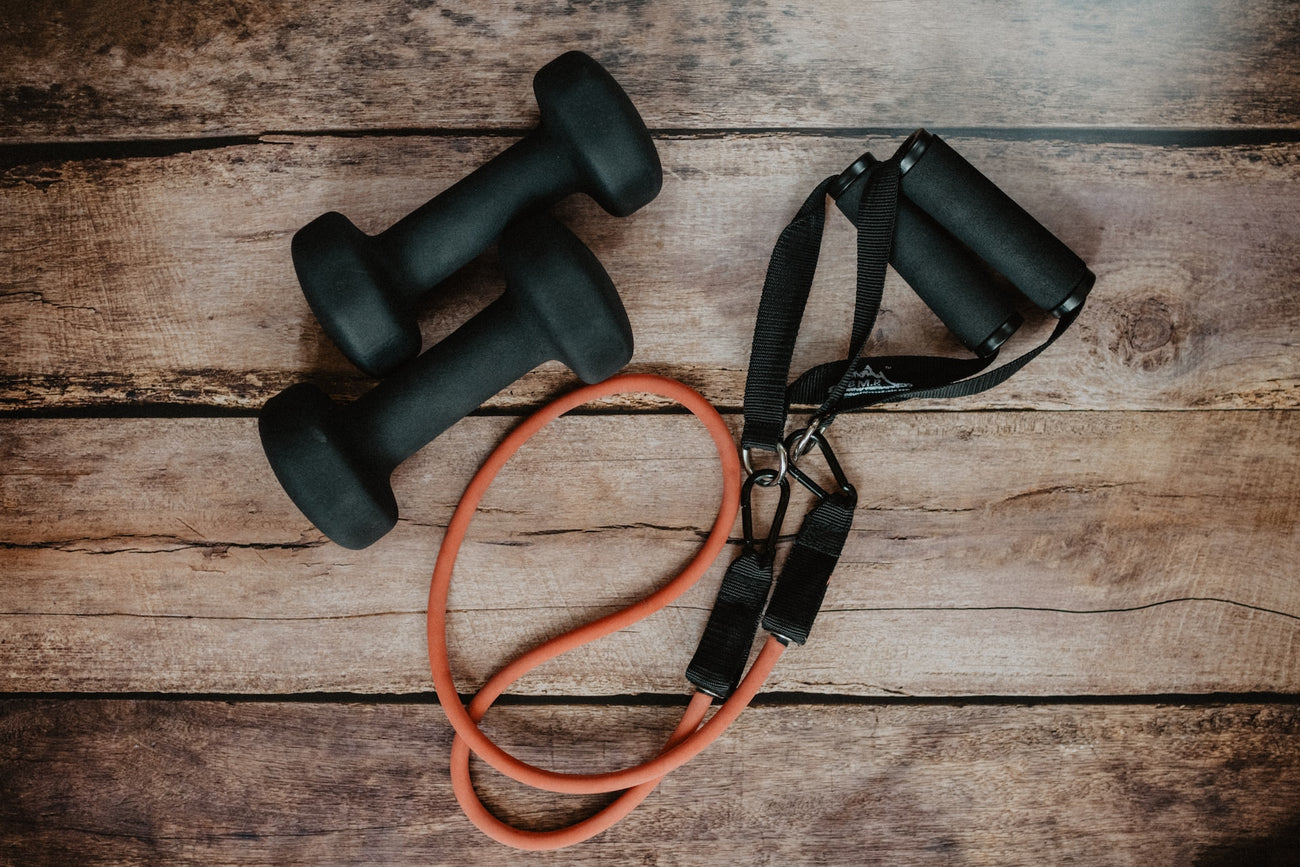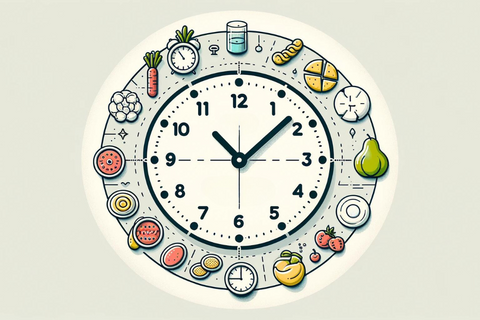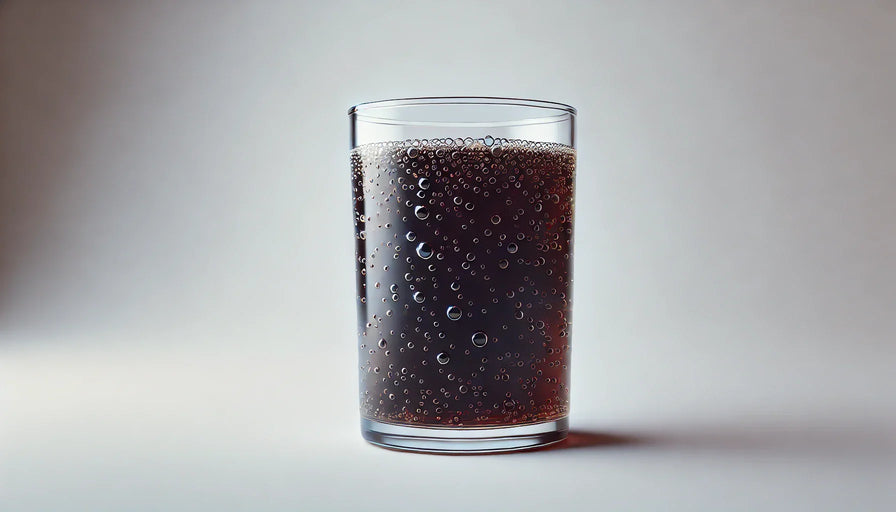
The Pros and Cons of Intermittent Fasting

What is intermittent fasting?
Intermittent fasting refers to a dietary pattern that involves alternating between periods of eating and fasting. The duration of fasting can range from 16 hours to a full 24 hours, depending on the specific intermittent fasting approach one adopts.
Intermittent fasting has gained significant popularity in recent years as a health and wellness trend. As more individuals explore various methods to improve their overall well-being, intermittent fasting stands out as a flexible approach that can be tailored to fit different lifestyles and dietary preferences.
This guide aims to provide a comprehensive overview of intermittent fasting, explore its potential health benefits, and offer practical tips for those interested in incorporating it into their daily routines.
Table of contents
Pros and cons of intermittent fasting
Intermittent fasting has captured significant attention for its potential health benefits, yet it is not without its downsides. By understanding both the advantages and disadvantages of this eating pattern, individuals can make informed decisions about whether it aligns with their lifestyle and health objectives.
Pros of intermittent fasting
- Healthy weight loss
- Improved metabolic health
- Increased longevity
- Enhanced brain health
- Convenience
- Autophagy activation
Intermittent fasting offers several notable benefits, particularly for healthy weight loss. Limiting the eating window, naturally reduces calorie intake, aiding in the shedding of excess weight. Additionally, this dietary approach enhances metabolic health by improving insulin sensitivity and decreasing inflammation levels in the body. Cons of intermittent fasting
One of the most compelling advantages is the activation of autophagy—a cellular cleaning process that eliminates damaged cells and regenerates new ones, potentially boosting overall health and well-being.
Cons of intermittent fasting
- Unhealthy weight loss
- Hunger
- Potential fatigue
- Nutrient deficiency
- Potential overeating
- May impact on social plans requiring eating/ drinking
- Impact on physical performance
While intermittent fasting presents a myriad of potential benefits, it is not without its challenges and risks. One common issue is the experience of persistent hunger during fasting periods, which can lead to feelings of irritability and fatigue.
This constant sense of hunger might result in unhealthy weight loss for some individuals, where not just fat, but also muscle mass is lost.
There's also the potential for overeating during the non-fasting periods, as individuals might compensate for the caloric deprivation.

It's very important to note that intermittent fasting should not be mistaken for self-starvation. While fasting involves willingly abstaining from eating for certain periods of time, it does not involve neglecting your body's nutritional needs.
The goal of intermittent fasting is to create a healthy balance between periods of eating and fasting. This practice encourages mindful eating and allows your body to utilize its stored energy efficiently.
If you feel unwell at any point of fasting, seek advice from a healthcare professional right away.
The science behind intermittent fasting
When you eat, your body spends a few hours processing the food, absorbing nutrients and energy (calories). During this process, your body is in the 'fed' state, where it's hard for your body to burn fat as insulin levels are high.
When you're in the 'fasted' state, which is anything beyond 8-12 hours after your last meal, something fascinating happens. Insulin levels drop, and your body starts to burn stored fat for energy. That's the secret sauce behind intermittent fasting and weight loss!
Remember, while intermittent fasting might sound like the perfect magic spell for weight loss, it's not for everybody. Always consult with a healthcare professional before starting any new diet regimen.
What can I drink while fasting?
During the fasting period, it's vital to stay well hydrated, but not all beverages are suitable. Here are drinks you can consume while fasting:
- Water
- Sparkling water
- Black coffee
- Green tea
- Apple cider vinegar
- Bone broth
It's essential to note that fasting rules can vary based on the type of fasting you're doing, and some people may need to stick strictly to water.
Related Read: 10 Ways to Make Water More Flavorful

How to distract yourself from hunger while fasting
If you're wondering why sparkling water gets top billing as the intermittent fasting sidekick, it's simple. This fizzy beverage is not only delicious but also hosts a whole bunch of amazing health benefits that are key in tricking your brain from feeling hungry to feeling full.
Here are some benefits sparkling water has in distracting you when feeling hungry during your fast:
Keeps you feeling full
Sparkling water carries a secret weapon in its effervescent bubbles - they help keep you feeling full. When you're caught in the grip of a fasting period, a glass of sparkling water can be your knight in shining armor. It helps fill your stomach, reducing the urge to break your fast prematurely.
Great for hydration
Hydration is key during fasting periods, and sparkling water is an excellent way to stay hydrated. By keeping your body adequately hydrated, you're supporting its natural detox processes, helping to flush out toxins and keep your metabolism functioning optimally.
Further Read: Does Sparkling Water Hydrate You?
No added sugars or calories
One of the remarkable aspects of sparkling water is its absence of added sugars or calories, setting it apart from numerous other beverages. This attribute allows you to enjoy it within your fasting window without any interference to your fasting regimen.
Can aid digestion
Sparkling water has been discovered to aid in digestion, offering relief from bloating and constipation, which are common challenges during fasting. Improved digestion can lead to a more comfortable fasting experience, making it a valuable addition to your routine.
Remember, your fasting journey doesn't have to be a solo mission. Equip yourself with a home soda maker and join the Soda Sense Refill Club to ensure you're never out of the fizzy goodness that is sparkling water!
Related Read: Is Drinking Sparkling Water Good or Bad For You?
Common concerns about intermittent fasting
While intermittent fasting might sound like a walk in the park, it can come with its own set of challenges. Fear not, we're here to guide you through any concerns you might have, from managing hunger during fasting periods to ensuring you get adequate nutrition during your eating windows.
Can I drink any sparkling water while fasting?
You might be tempted to reach for the fanciest bottle on the shelf, but, in reality, it's the contents that count.
Aim for sparkling water with no added sugars or flavors, just pure, bubbling hydration. That's where a home soda maker comes into play. With one of these handy devices, you can whip up your own batch of sparkling water, ensuring it's free from unwanted extras.
Related Read: How to Read and Understand Sparkling Water Labels
Is it safe to intermittently fast every day?
Yes, it's generally safe to intermittent fast every day. However, it's important to listen to your body. If you're feeling overly fatigued, dizzy, or unusually hungry, it may be a sign that you need to adjust your fasting schedule or seek advice from a healthcare professional. Always remember, the key to successful intermittent fasting is consistency, not intensity.
Can I drink anything besides water during the fasting window?
During your fasting window, you should aim to consume zero-calorie drinks to maintain your fast. This includes plain water, black coffee, and of course, our hero, sparkling water. Be cautious of beverages with artificial sweeteners as they may stimulate your appetite and make the fast more challenging.
Will I lose muscle mass during intermittent fasting?
Intermittent fasting doesn't directly cause muscle loss. Generally, it can promote fat loss while preserving muscle mass, especially when combined with resistance training. However, it's important to meet your protein needs during your eating windows to maintain muscle mass.
What should I eat during my eating windows?
To maintain a balanced diet, encompass a diverse range of foods within your eating windows. Incorporate lean proteins, fruits and vegetables, whole grains, and healthy fats. It's important to note that intermittent fasting aims to establish a healthier eating pattern rather than inducing deprivation. Embrace this approach to optimize your overall well-being.
Summary
Intermittent fasting can be a beneficial approach to improving overall health, but it comes with its own set of challenges and considerations. Sparkling water emerges as an essential companion for those embarking on this journey, offering hydration, a sense of fullness, and aiding in digestion without the unwanted sugars or calories.
While intermittent fasting every day can be safe, it's crucial to listen to your body and adjust as needed, ensuring you consume zero-calorie drinks like plain water, black coffee, and sparkling water during fasting periods.
By following these guidelines, you can make your intermittent fasting journey a successful and sustainable endeavor.
Recommended reading

How to Give Back During Thanksgiving 2025
Key takeaways Thanksgiving is a time to express gratitude and share with those in need. From volunteering at local shelters to donating food and essentials, there are numerous ways to give back to...

What Does Carbonation Do to Your Body?
What does carbonation do to your body? Carbonation alone typically has minimal effects; however, it can cause bloating and discomfort for some, and it may worsen acid reflux due to carbon dioxide ...

What Are the Health Benefits of Sparkling Water?
Summary Sparkling water isn't just a refreshing drink—it comes with surprising health benefits too. From aiding digestion to improving hydration, discover how sparkling water can be a healthy addi...